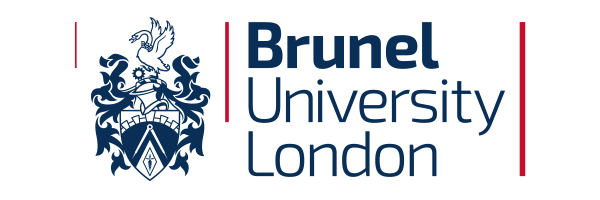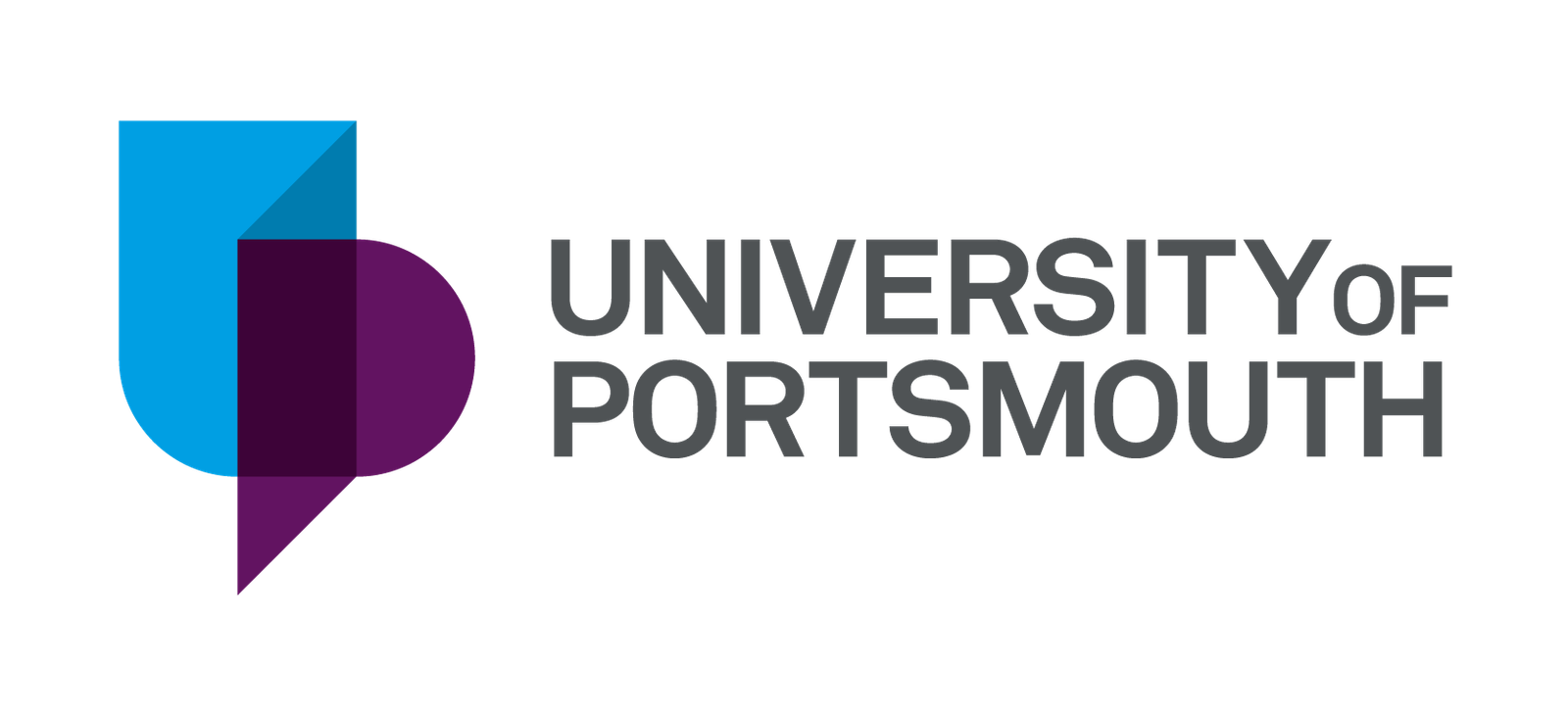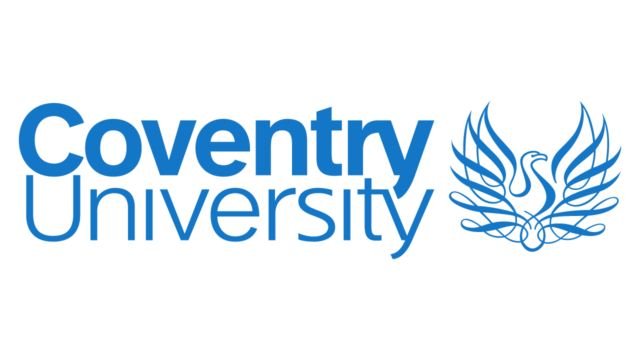Study in Europe

The Europe is one of the most well-known
nations for higher education.
First step towards to your Europe Journey
Our Partner Universities


























Know About Europe

Listed Universities
684 Universities

Indian Diaspora in Europe
2,830,000

Capital
Brussels

National Language
English

Population
744.2 million (2025)

Currency
Euro

Official Name
European Union

Average Tuition Fee
€1,500 to €20,000
Overview
Europe continues to be a leading choice for students looking for international exposure, reputable education, and a variety of opportunities. A masters in Europe offers challenging academics, use of intercultural experience and potential for career outcomes.
Whether you pursue an MS in Europe for Indian students or specialised fields like data science, business analytics, law, or computer science, the region provides flexible pathways, ample scholarship options, and access to work‑study opportunities for international graduates.
Education System
- Most European master’s degrees last from one to two years, and will allow graduates the opportunity to enter the workforce sooner.
- Universities follow Bologna Process standards, ensuring compatibility of credits across EU nations.
- A strong emphasis is placed on research, internships, industry projects, and thesis work.
- Being approved by well-known European quality agencies ensures global recognition.
Why Choose Europe for Higher Studies?
- Globally recognised degrees: Universities across Europe have strong international rankings and credentials.
- Diverse multicultural environment: You will study alongside peers from across the globe.
- Shorter course duration: Many master’s programmes are just one year.
- Affordable tuition in some countries: Several nations offer low or even free tuition for EU and non‑EU students.
- Scholarships and grants: Numerous EU and national funding schemes support international students.
- Strong research ecosystem: Access to world‑class laboratories, centres, and collaborative projects.
- Work during studies: Many countries allow part‑time work alongside coursework.
- Post‑study work rights:You may receive a stayback permit to work after graduation.
- Mobility within Europe: With the Schengen Area, you can travel freely across many countries.
- Wide range of programmes: You can find a range of Masters in Europe Computer Science, Business Analytics Masters in Europe, Law Masters in Europe, Data Science Masters in Europe, and others.
With a wide range of choices available, those seeking a Masters in Europe for Indian students can design their journey in STEM, business, law, or humanities while gaining both theoretical and practical skills.
Work Opportunities During Studies and After
Many European countries allow you to work part-time while conducting your studies, usually under visa regulations. This can assist in offsetting some of your living expenses and provide valuable experience. Internships or co-operative placements generally comprise a part of your program of study and allow you to gain exposure to the real world.
After graduation, most nations offer a post-study work permit during which you can seek full-time employment or apply for permanent residence if eligible. This makes pursuing a Masters from Europe especially attractive for students who wish to convert their academic investment into a career.
Cost of Living
Average Cost - Around € 2457 per year
Intakes
September, January

Cost of Tuition Fees in Europe
- International postgraduate tuition fees for master’s courses in Europe vary from €1,500 to €20,000 per year.
- Tuition fees in countries like Germany, Norway, and Finland are very low or even free, even for non‑EU students.
- Private universities or specific programs (such as business, law, or English-taught programs) can be more expensive.
- Estimated average cost – €10,500 per year
- There are scholarships, grants, and fellowships that can help you pay for tuition fees, which can significantly lower your cost.
Careers and Employment Opportunities
- Data scientist, machine learning engineer, AI specialist.
- Software developer, system architect, cybersecurity analyst.
- Business analytics consultant, management analyst.
- Corporate lawyer, intellectual property advisor, policy consultant.
- Researcher, academic fellow, or lecturer roles.
Application Procedure for Europe
- First, shortlist universities and courses that correspond to your academic background and career direction, such as computer science, business analytics, or law.
- Arrange all required paperwork, including your bachelor’s transcripts, degree certificate, statement of purpose, letters of recommendation, CV, and language test scores.
- Apply through either university portals or country-specific centralised platforms, including France’s Parcoursup or Germany’s UniAssist, depending on the location.
- Participate in interviews, in person or online, if required, to showcase your suitability for the program.
- Check out scholarships, grants, or various funding opportunities to support your studies in Europe.
- After receiving an offer, complete the student visa or residence permit process, providing financial proof, medical checks, and fulfilling all formalities.
Eligibility Criteria for Study Abroad in Europe
Academic qualification
- A relevant undergraduate degree, often a three- or four-year bachelor’s, with a minimum aggregate.
Language proficiency
- English levels, such as IELTS or TOEFL, unless your programme is in another language or you obtain an exemption.
Specific prerequisites
- For fields like computer science or data science, prior coursework in mathematics, programming, or statistics may be needed. For Law Masters in Europe, a background in law or a related discipline may be required.
Courses Available

Computer Science

Data Science

Business Analytics

Artificial Intelligence

Cybersecurity




